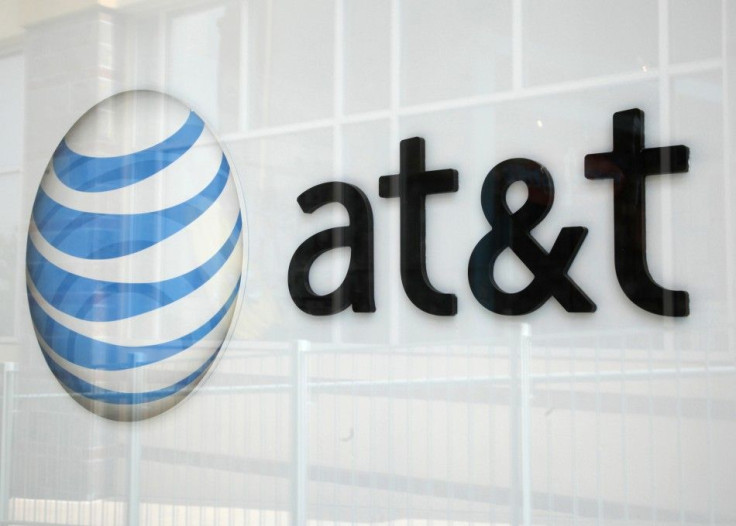AT&T to Throttle Heavy Data Users, is T-Mobile Merger the Only Solution?

AT&T announced on Friday that it will throttle heavy users on its unlimited data plan starting Oct. 1.
"We're taking steps to manage exploding demand for mobile data," said the company in a statement. The ultimate solution to the network capacity crunch, however, is "nothing short of completing the T-Mobile merger," stated AT&T.
From day one, AT&T has touted more network capacity and more coverage for the U.S. as a major reason to support its proposed merger with T-Mobile.
"The planned combination of AT&T and T-Mobile is the fastest and surest way to handle the challenge of increasing demand and improving network quality for customers," said AT&T, which expects network traffic to increase eight to 10 times in the next five years.
AT&T claimed T-Mobile has compatible technologies, complementary spectrum assets, and well-matched cell site locations.
However, not everyone agrees with AT&T that its merger with T-Mobile presents the only solution, or even a good one.
Senator Al Franken of Minnesota, one of the most vocal opponents of the deal, asserts that the merger would give AT&T too much market share and allow it to engage in anti-competitive behavior at the expense of U.S. society.
Furthermore, it's not the best way to solve the U.S. network capacity problem.
In a letter to the FCC and DOJ, Franken put forth the following arguments against allowing the AT&T and T-Mobile merger with regards to U.S. network capacity crunch:
- AT&T owns more spectrum than any other company, yet AT&T has been plagued with delays in rolling out infrastructure to support spectrum it has been allocated. The quality of the service it provides is consistently ranked last amongst the national carriers, and it continues to use spectrum in an inefficient manner.
- Many of [AT&T's] spectrum licenses remain undeveloped, including $9 billion worth of some of the most valuable "beachfront" spectrum.
- Other national wireless carriers have been aggressively preparing for this crunch... However, unlike the other wireless providers, AT&T has not visibly taken decisive steps to prepare for the coming crunch, despite the fact that AT&T should have recognized the need for additional investment shortly after introducing the iPhone in 2007.
- AT&T only increased its spending on wireless infrastructure by one percent in 2009. Although AT&T will point out that one percent is still a significant number, Verizon made the decision to increase its capital spending by 10 percent in 2009/9 and Verizon is now in a much better position when it comes to spectrum capacity.
- AT&T's promise to build an LTE network in rural locations is not related to or dependent on the acquisition of T-Mobile.
- The merger will create modest efficiency gains, but these gains will not offset the elimination of both companies' incentives to develop new spectrum or make more efficient use of their existing spectrum.
© Copyright IBTimes 2024. All rights reserved.



















